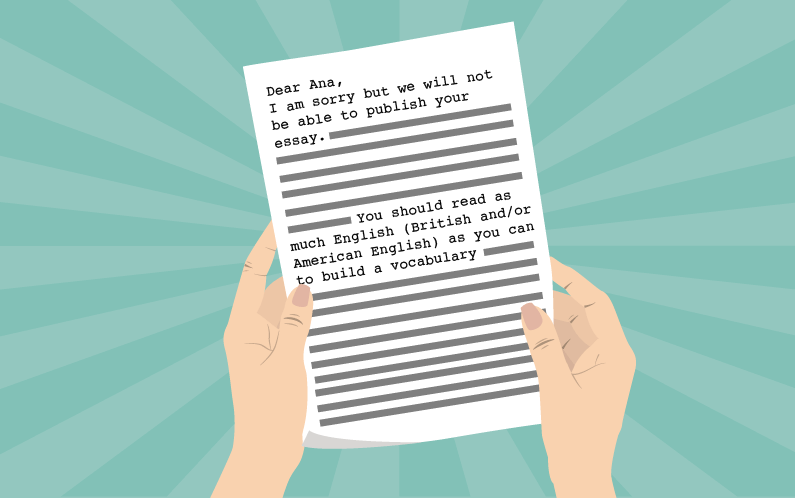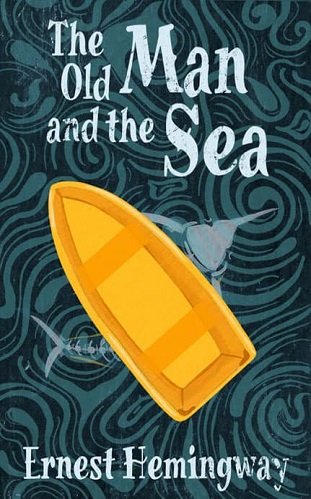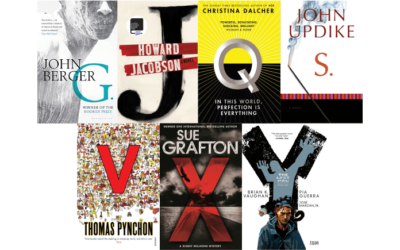Essay
How A Rejection Letter Made Me A Better Writer
I’ve received dozens of these emails throughout my experience as a writer: “Thank you so much for taking the time to submit your work to us. However, this piece is not right for our magazine”; “Thank you for submitting your story to our magazine. Unfortunately, we are unable to publish it”; “We appreciate the chance to read your story. Unfortunately, the piece is not for us”; “We’ve given your work careful consideration and are unable to offer you publication. We only have space to publish five percent of the submissions we receive annually. We regret that we cannot be more constructive; due to time constraints, we do not offer in-depth reviews of rejected submissions”; etc.
Nobody likes getting rejection emails. They are painful and can often be demotivating. However, the more rejections you get, the better you cope with them. What is of help here is an explanation from editors on why they rejected your articles. That helps you, as a writer, to correct your mistakes and improve your writing. Unfortunately, many editors don’t have the time to send across pertinent feedback with reasons on why they have rejected your article. This has always disappointed me, and I have often wondered if I would also do the same as an editor.
I honestly believed that this would be the usual cycle for me. I thought that I would probably never get a chance to read any feedback on my rejected articles until one day I received a beautiful rejection letter. Yes, I know it sounds silly. But I loved that rejection letter. It was motivational and encouraging. The editor was from a great literary magazine that I enjoy, and he wrote that he enjoyed my non-fiction article. That article was a personal essay – the memory of my childhood in Serbia, our traditional Christmas celebrations and other authentic Serbian rituals. The editor obviously loved reading about all those interesting rituals. He also wrote, “I like your writing style. It is very engaging. I did find a few spots in your story where the wording seemed a little foreign or unusual to me. Not that it was wrong but that it tended to draw my attention off the story. You should read as much English (British and/or American English) as you can to build a vocabulary and usage that draws us to the feeling and not the words. I think you know how to do that.” The tone of his email was friendly and pleasant, and I felt as if a friend had given me a piece of advice.
As a non-native English speaker, I often found it challenging to write in English. Not because I didn’t speak or write English well, but because I had always been a meticulous person who wanted to do things right and cared about every single detail. I worried about spelling, grammar and style. When I wrote a story or a poem, I re-read it multiple times to try and edit it, to ensure it looked and sounded great. However, given that English was not my native language, my fear was that I would never be good enough to write in it.
However, I gathered my courage and started writing in English again. The journey was, and still is, adventurous. I still make mistakes that show that I am not a native English speaker. Yet, the editor’s letter inspired me to read and write more. He liked my style, he liked my story, all I needed to do was read more in order to get comfortable with English terminology, idioms and style.
I read Ernest Hemingway’s books and Jane Austen’s classic novels in order to improve my language skills. I tried to understand Gabriel García Márquez’s fascinating style of magical realism so I could embed it in my writing. I admired the simple language of Hemingway’s The Old Man And The Sea and it showed me that masterpieces didn’t need to be complicated. Simplicity was the answer. Harper Lee’s To Kill A Mockingbird has always been one of my favourite books and is another example of there is beauty in simplicity. Lee’s effortless writing has made this book a formative read for young people all around the world. The moral lessons in the book are not dull. They are presented in an effortless manner that makes them easily understood by everyone. Even the issues of race are described with honesty, clarity and sensitivity.
One of the things that I noticed in my essay was that I had done a literal translation of a couple of Serbian proverbs to English. One of the proverbs was “smoking like a Turk” which is a literal translation from Serbian to English. However, after reading a lot of books in English and learning about English proverbs, I found its equivalent in English – “smoking like a chimney”. Another literally translated Serbian proverb was “a sparrow in your hand is better than a pigeon on a branch” which has its English equivalent in “a bird in the hand is worth two in the bush”.
Trying to express yourself in a different language is a big challenge. Your brain has to work twice as hard because you keep thinking in your native language (in my case, Serbian), but what you have to pay attention to and finally write is in a foreign language. This was not an easy or a natural process for me. It is a challenge that makes you step outside your comfort zone and push your limits. I pushed myself to read more, to read different kinds of literature, to pay more attention to idioms, phrases and words used by different authors. I read English newspapers and magazines and learned at least three new words every day. I worked hard on my language skills. I listened to talk shows on the radio. My objective was to hear as many words as possible in as short a period as possible. The more I heard a word, the better I was able to use it correctly. That push definitely helped improve my writing.
Deciding which books to read is very important. I read books that I wanted to read, not the books I felt I had to read. Reading something that is boring does not help because it often makes us lose our focus and concentration, resulting in slow reading, poor comprehension and minimal retention. I read books that I knew I would enjoy. I read Helen Fielding’s Bridget Jones’s Diary, novels by John Green and Nick Hornby. They were fun books with realistic conversations and identifiable moments. They were great books to learn how people talk. Most of these books used a conversational tone and were fairly easy to understand. As a result, I learned a lot of vocabulary and, more importantly, I learned more about the culture of native speakers.
After eight months of this process, I went back and read the essay I had originally sent to the editor. I realised that I could rewrite the story and honestly believed that I’d be able to do a better job with it. And so I did. After that, I sent it to the same editor who congratulated me and accepted it for publication.
What I took away from this experience was that I should never be satisfied with just okay results. Feedback is something I should ask for whenever possible. I need to keep working on myself and to try to constantly expand my knowledge by taking advantage of every single moment, advice, comment, review. I do feel uncomfortable sometimes, but I am not scared. The bigger the challenge, the bigger the opportunity to learn and grow.

Ana Vidosavljevic is from Serbia and currently living in Indonesia. She is a teacher, international relations specialist, writer, translator, interpreter, surfer and mom-to-be. She has her work published or forthcoming in many magazines and anthologies. Her collection of short stories Mermaids will be published by Adelaide Books in September 2019, and a memoir Flower Thieves will be published by the same publishing house in April 2020.
Read her articles here.








It’s nice to know that you rewrote the piece based on your enhanced learnings and it got accepted.
I am keen to know the name of the magazine as you say you particularly enjoy reading it.
Thank you for your comment.
I love this article!
I began submitting my writing last November, and I’ve got numerous rejection letters myself. The vast majority of lit mags are non-profit organisations, run as labours of love by people with other full-time jobs. They get flooded with submissions; offering individual feedback is something they can rarely manage.
Are you on Duotrope? Duotrope is an excellent resource for writers. Among other things, it lists magazines that always offer feedback on pieces. I’ve begun submitting my pieces here, so that I get a sense of what further work the piece needs after I’ve edited it a few times myself. Based on a few personalised rejection letters, I’ve learned that my fiction needs more work on plot.
I agree rejection can be dispiriting. But as you say, it’s the path to improvement.
Your persistence is inspiring. Keep writing and submitting!
Thank you! I really appreciate your lovely message!